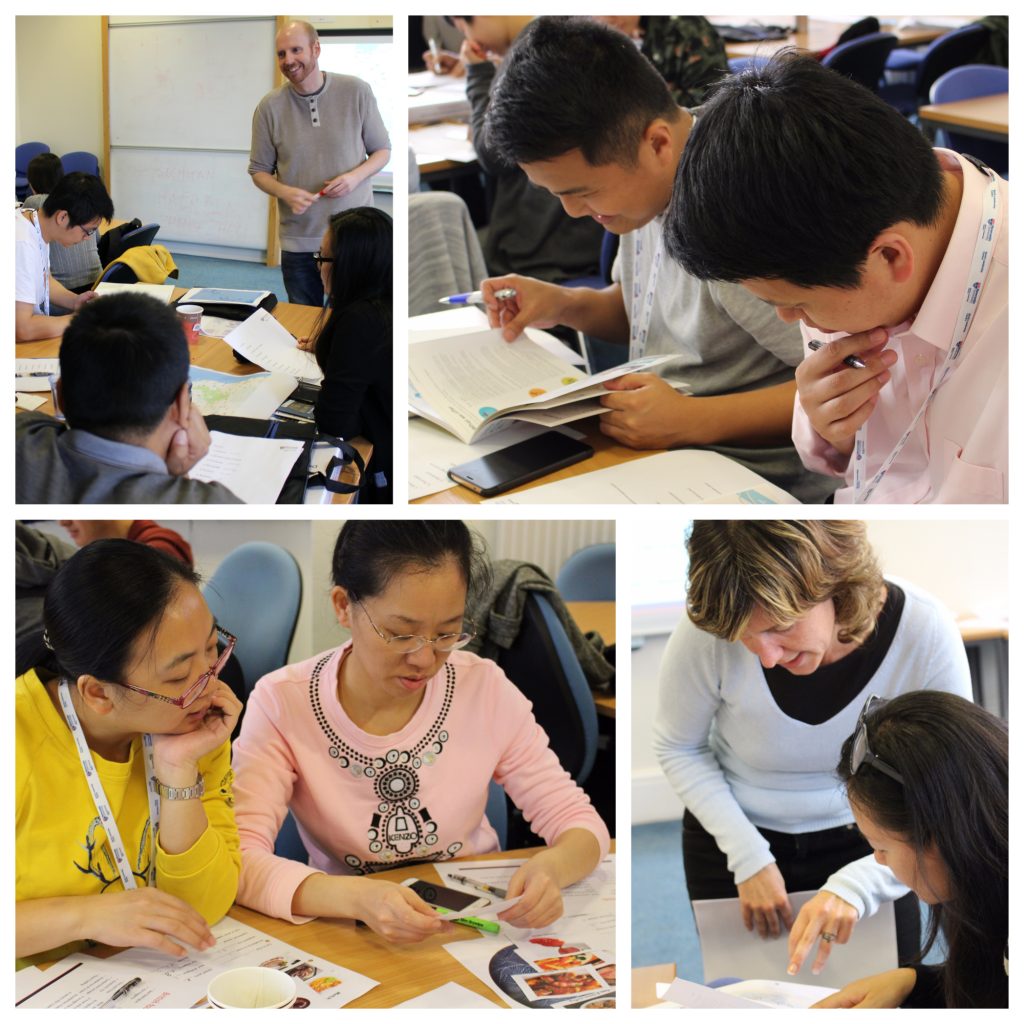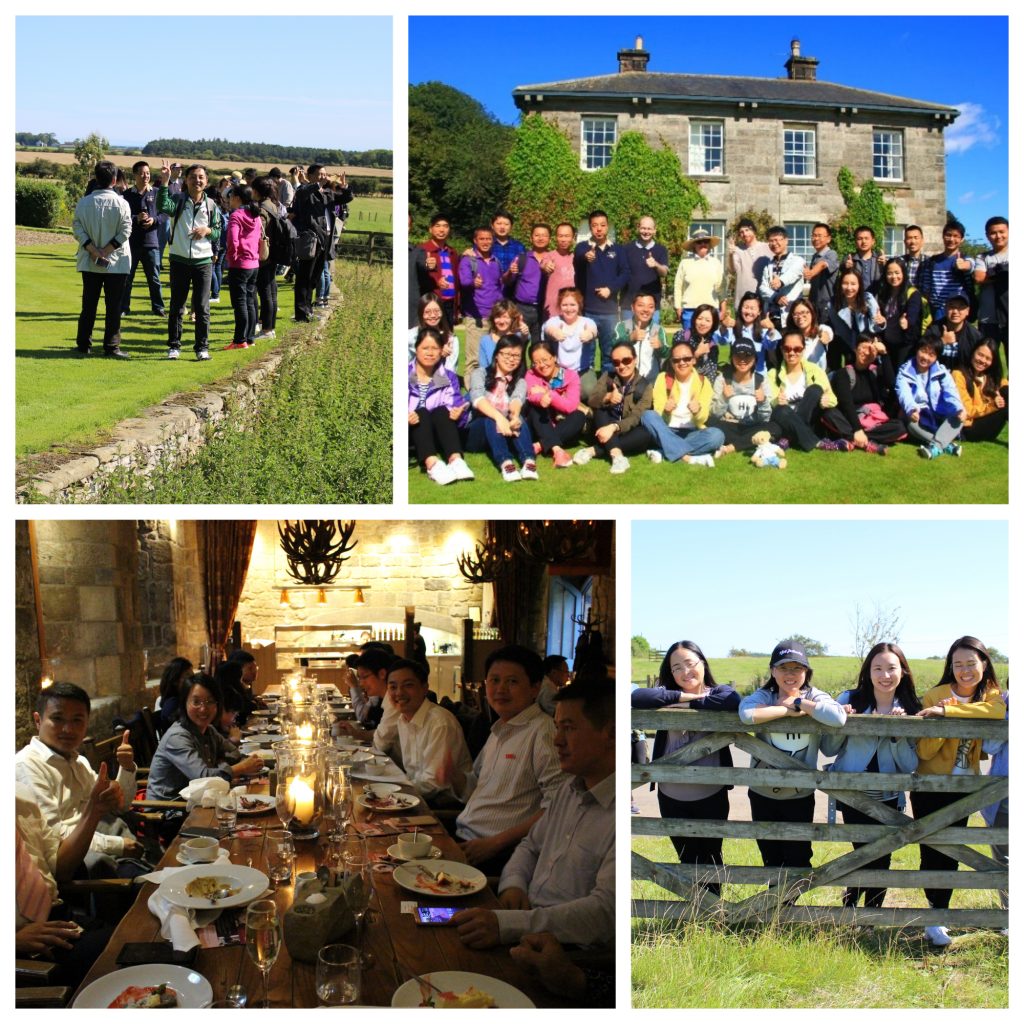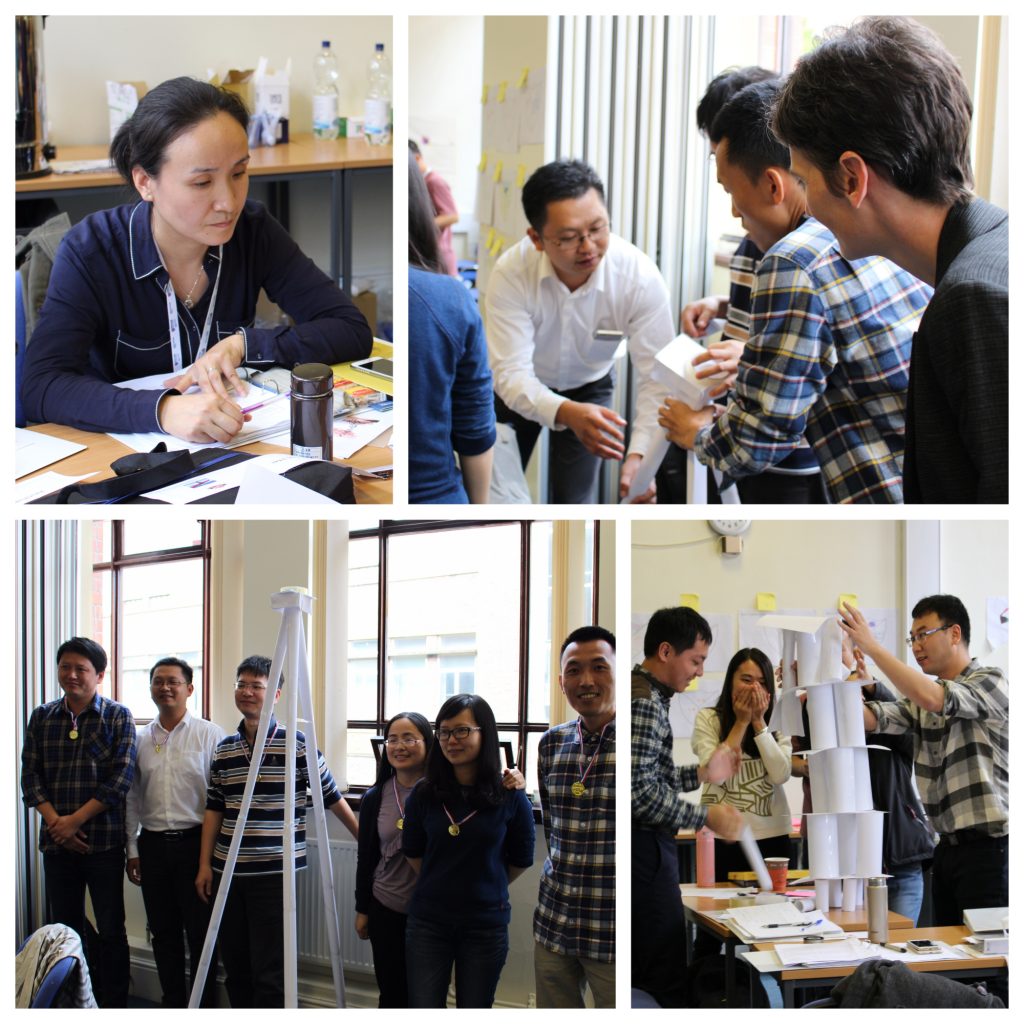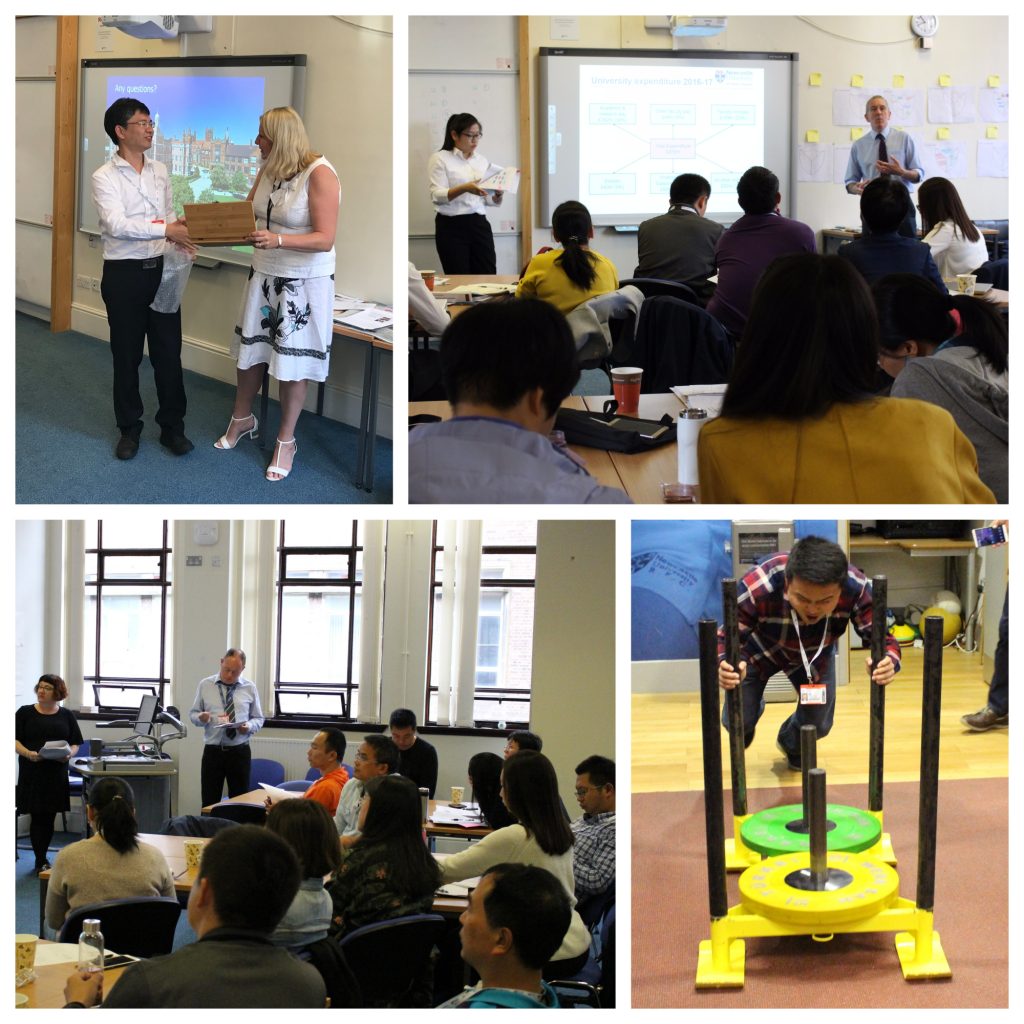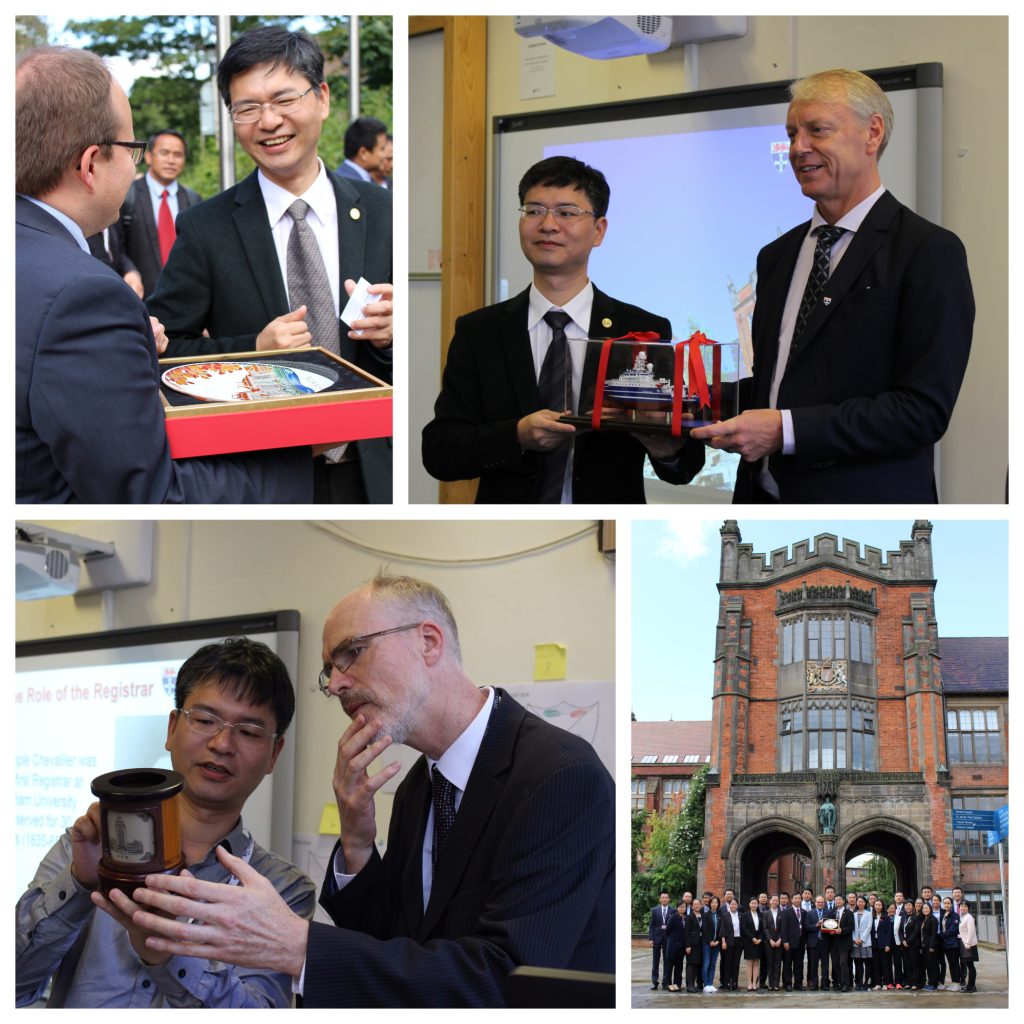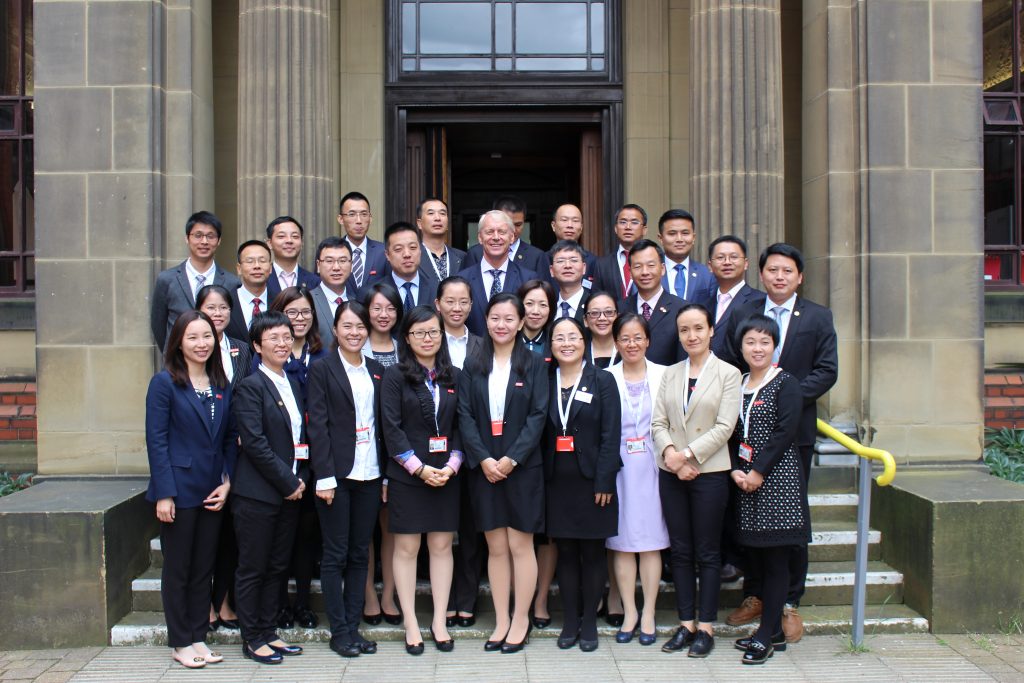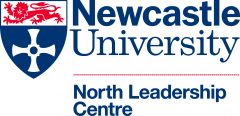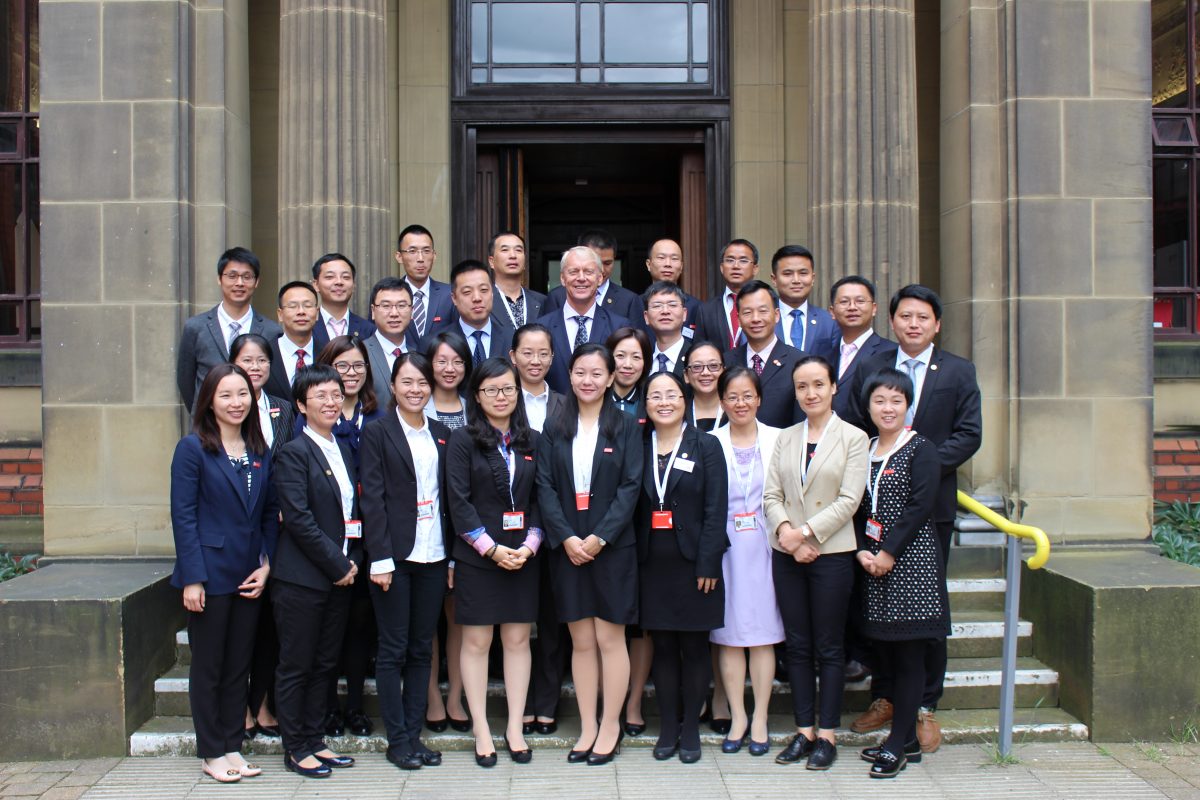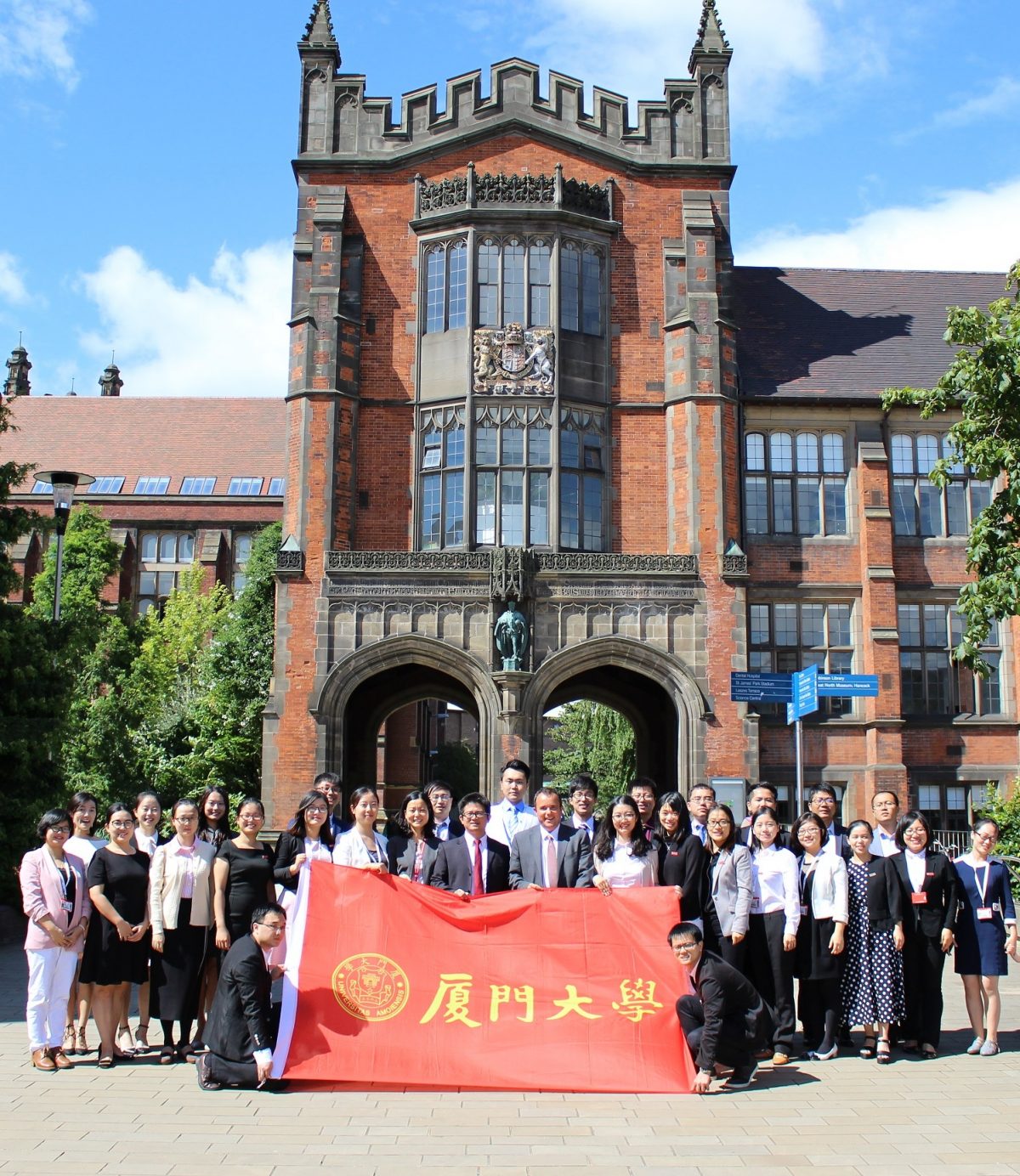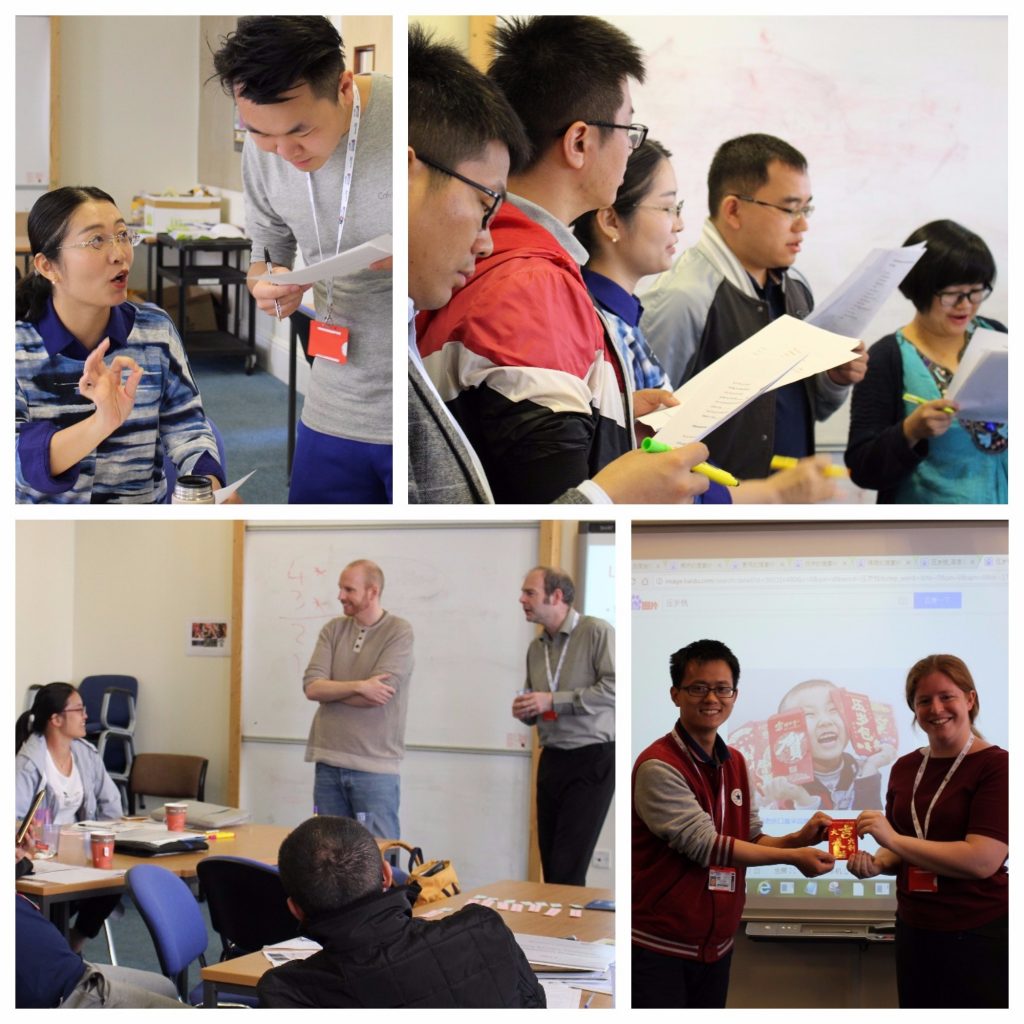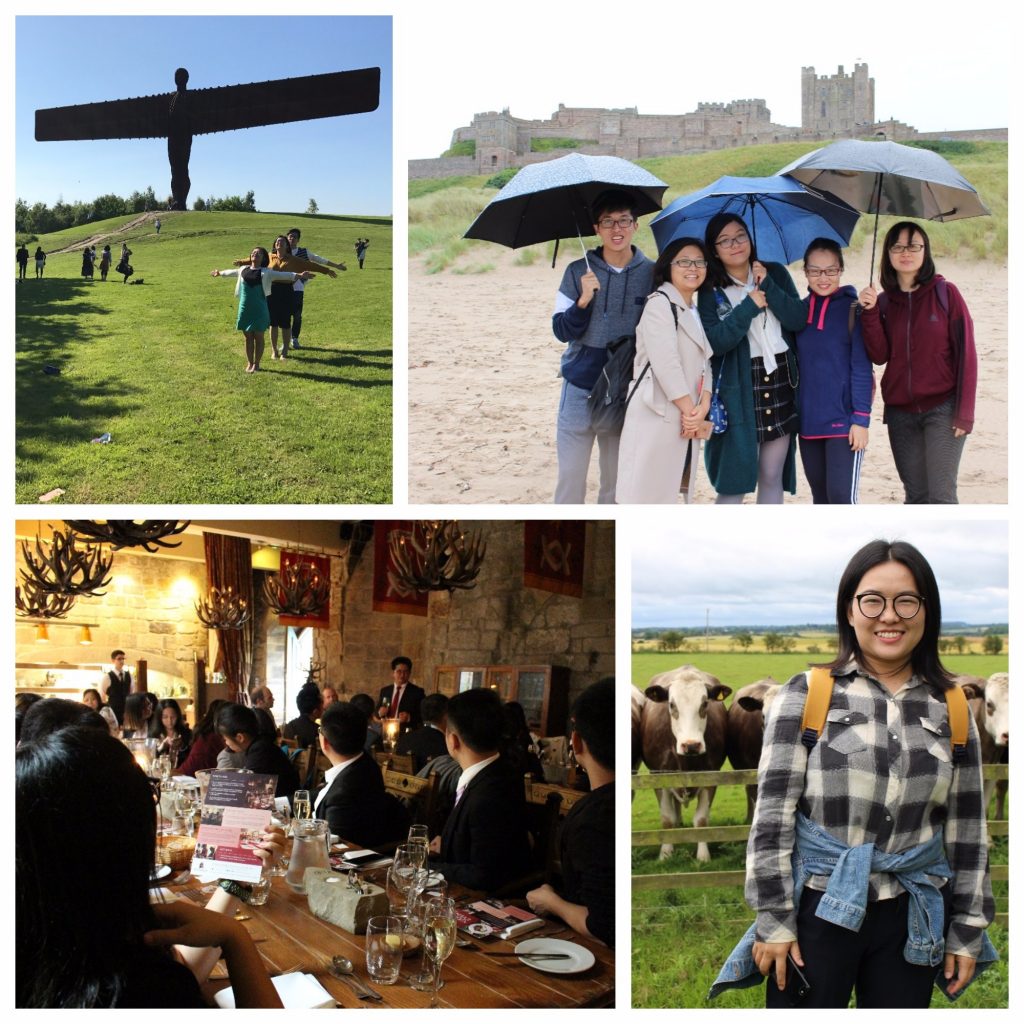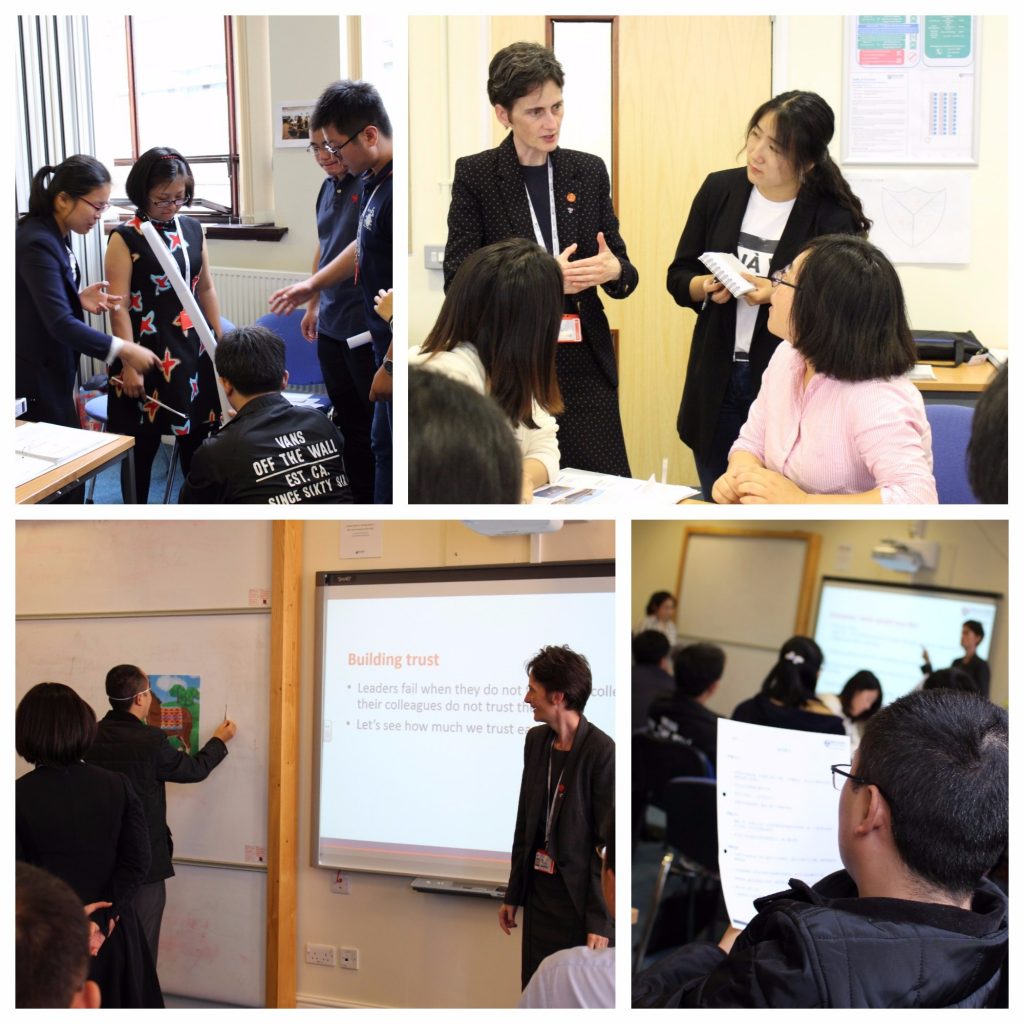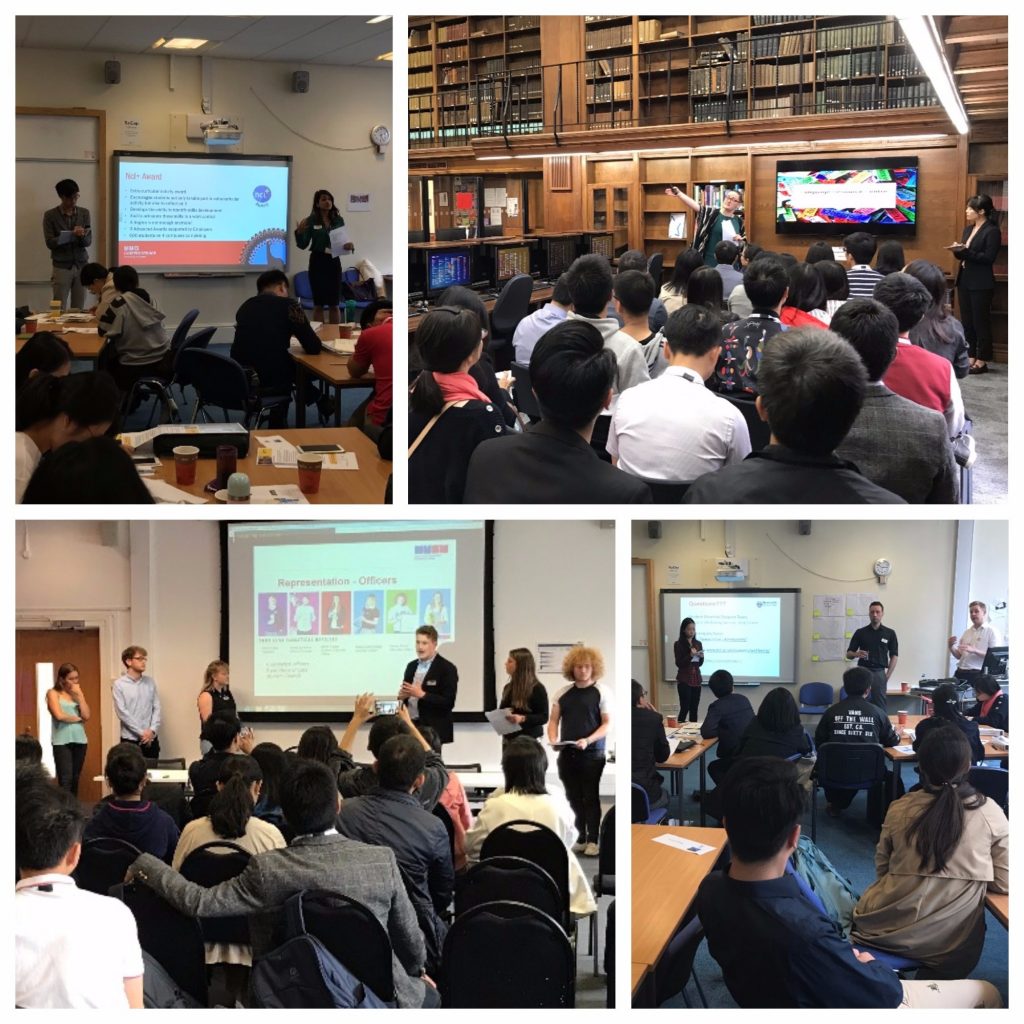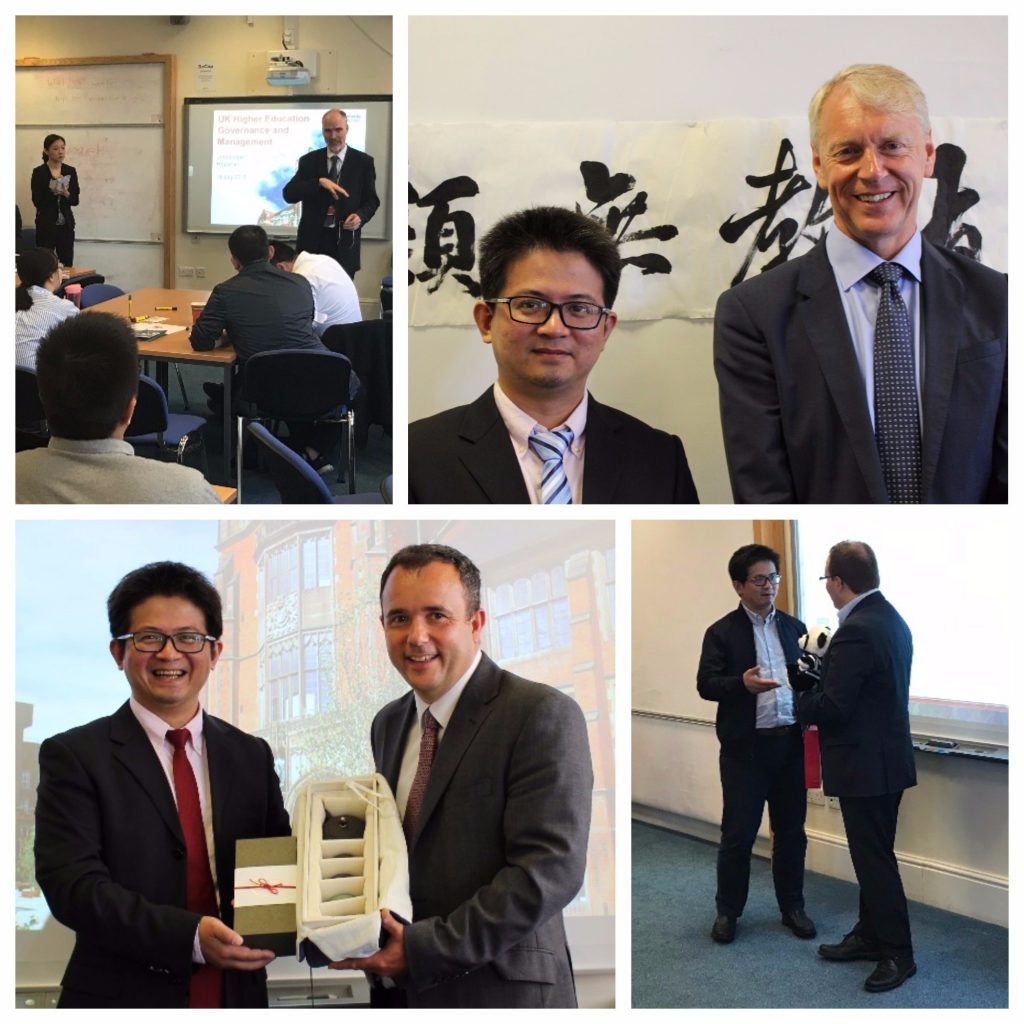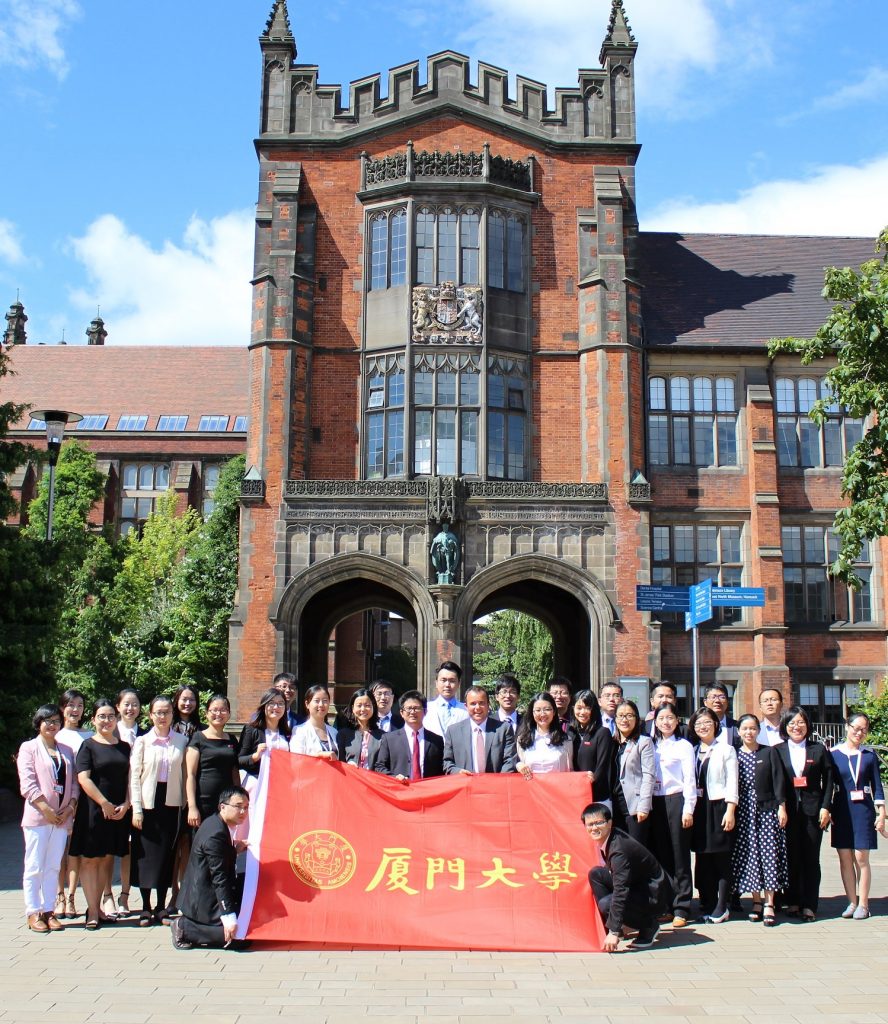The blog below was written by our visitors from Kazakhstan who undertook the Learning and Teaching in Higher Education programme with us from 9th-17th November this year. They wrote this blog collaboratively in their Writing Skills for Academics session, assisted by Dr Rachel Lofthouse and Dr Anna Reid. The original post can be found on the Newcastle University Education Blog.
Introduction
During November 2016 a fifth cohort of academic colleagues from universities across Kazakhstan took part in the Learning and Teaching in Higher Education programme at Newcastle University. The programme was hosted and facilitated by staff from ECLS and managed through the North Leadership Centre. Our visitors had a busy schedule of taught sessions and workshops during which they were offered insights in to a wide range of academic practices. At the same time the visitors experienced British life – both in Newcastle and further afield.
We asked them to reflect on why they were here. What were they hoping to learn more about? Why did this matter to them? What first impressions did they have?
Here are some of their responses …
Cultural experiences – academic and beyond
We see Education as a constantly developing, renewing process, though our basis is in Kazakhstan a traditional one. Teaching and learning in different countries can have similarities and differences at the same time. In order to develop and to improve education teachers share their experience.
Let’s first of all discuss
the similarity of the ways of teaching. Almost all the teachers use such methods as group work, role play, communicative approach, non-verbal communication and others. As far as the differences are concerned in Kazakhstan we still have a traditional system of education. We consider that learning styles of students in our country differ from British ones (independent work of students, project work). In addition, communication is more formal than in Britain. Even writing a blog is unusual for us. However, changing our experiences is a significant way to develop and to improve the process education.
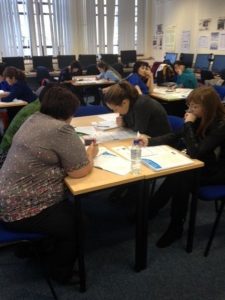
Professional learning-improving own knowledge and skills
The North Leadership Centre at Newcastle University’s School of Education, Communication and Language Sciences ‘Learning and Teaching in Higher Education’ (LTHE) programme is an essential thing for us, those who are in teaching. We have had a very great experience here, and would like to emphasize the following aspects which we want to improve and study more. Firstly, co-teaching and academic culture impressed us and it would be nice to use it in our practical work at home. The second thing that made us think about was a different view on working in small groups. Can we ask you a question: How long did the process of improving group work take you? And what are the criteria of assessment of group work? We are underway, but still have some difficulties with organizing it during workshops and lecturing. Thirdly, unfortunately, we haven’t got accustomed to feedback, it’s challenging but, it would be appropriate to use this practice in all levels.
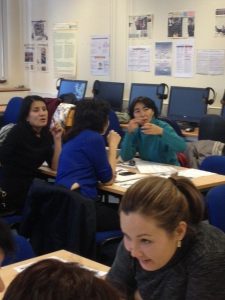
Developing students experience – innovative technologies and e-learning
In a global world education becomes international as well. Students from developing countries should be a part of a global community and able to study online. In order to promote this idea, we need IT services support and updated curriculums. In Kazakhstan we are on the way of this process. For example we have distance teaching and learning as well as newly updated masters programs including disciplines to be studied online.
Innovative technologies let students participate in global e-conferences, blogs, forums and different on-line courses. All these contemporary opportunities let students gain optional education, support long-life learning and self-development for future carrier.
The LTHE programme is helping us as teachers to be trained to get practical skills on e-learning and innovative technologies in order to deliver them at the domestic universities to improve the situation locally and help students to gain the necessary skills.

Learning from and through collaboration
Following on from the LTHE programme we propose the following ways of learning from and through collaboration to support and promote teachers’ and students’ professional, educational and cultural development. Collaboration gives both as for teachers and students a splendid opportunity to grow and improve themselves and their endeavour. After such global collaboration they become specialists who can work successfully not only in own country but also abroad.
- New forms of education through collaboration between KZ and UK
- Sharing professional experiences and skills
- Exploring intercultural and academic communication
- Developing professional abilities
- Acquiring new ICT
- Learning new trends in pedagogical and psychological knowledge
- Digital literacy Teacher (online teaching, e-learning, forums. Blogs, networks, conferences, etc.)
- Languages Practices from collaborative study
- Students and Teachers Academic Mobility
Conclusion
To draw this blog to a close we asked the programme leader Dr Anna Reid to reflect on the initial impressions formed by the cohort and considered above:
‘The opportunity to work with colleagues from universities in Kazakhstan is special. There is so much that we can learn with and from each other. Two weeks is hardly long enough! I am hoping to receive e-mails in the coming days and months sharing how the theories and practices developed in Newcastle have been translated to the Kazakh context. That is the aim of the LTHE programme and it is proof of its overall success.’
